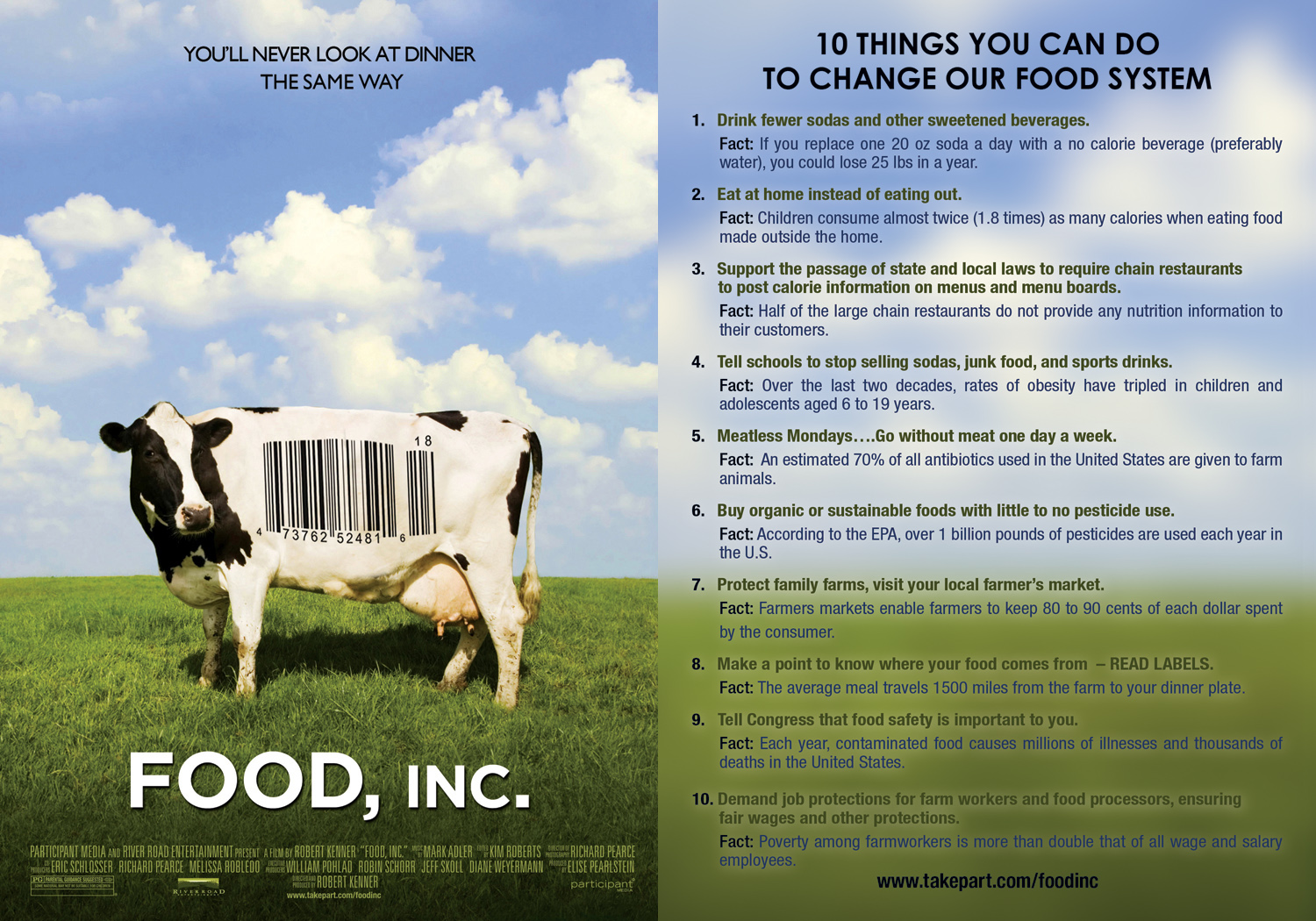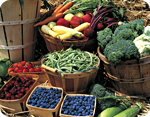Being a curious soul I wanted to discover what indigenous plants we had growing in this region that were edible and quite suited to back-yard cultivation. I talked to people... from friends who were experimenting with various plants to nurseries with indigenous plants and then to the Library to read up on what has been here for a very long time.
I documented various ones in my journal pages last year... see some of those at this post.
At my other blog I posted this story on finger limes last year... a native citrus fruit called Citrus australasica that are sensational. Rereading that post brought back a delicious memory. Why have I not bought one of these plants?


These videos below I found at the Seed Savers site ...both showcase Davidson Plums - Davidsonia which I've only tried in jam so far. They've been quite popular with chefs and foodies, are high in antioxidants, are naturally sour but can be used in all kinds of ways.
You will find more excellent videos at Seed Savers. Read about this wonderful organisation below:
The Seed Savers' Network is a national organisation dedicated since 1986 to the preservation of local varieties of useful plants. We work in Australia with our more than a hundred Local Seed Networks. We also work in other countries, forty so far. See an overview of our activities, the countries in which we have worked, our story so far with archives of our work and how you can get involved.
Founders, Jude and Michel Fanton, have authored and published three books, "The Seed Savers' Handbook", "Local Seed Network Manual" and "Seed to Seed Food Gardens in Schools" and produced a one hour documentary, "Our Seeds" - purchase our publications or film. Our new documentary "Our Roots" that we filmed in Vanuatu for CIRAD the French research institute will be out soon. Please use the resources we offer at no cost to you and without sponsored links.
The first six months of 2011 will be exciting for The Seed Savers' Network. We will give presentations at the Rare Fruit Society of SA in Adelaide in January, workshops in Tasmania and north Queensland in April. Starting 19th March we will have five Saturday workshops on the Nexus between Garden and Health at the Seed Centre in Byron Bay, NSW, Australia. You might like to plan to come to our week-long live-in course on the Politics of Food Growing at the Seed Centre in Byron Bay from 28th March to 2nd April 2011.
 |
image from www.seedysunday.orgA short history of the eventThe short but illustrious history of Brighton and Hove Seedy Sunday began in 2001, when two members of Brighton and Hove Organic Gardening Group (yes, BHOGG) went on holiday to Vancouver, Canada. There they happened upon a seed swap, organised by Sharon Rempel of Saltspring Seeds. A seed swap is a sort of fair, where growers exchange seeds from plants they have grown themselves, meet kindred spirits, and reassure each other that preferring home-saved seeds to bought ones does not mean that they are just stingy or eccentric. The Brighton gardeners were so impressed that when they got back to England they persuaded a group of fellow growers to help organize a similar event. The result, the UK's first ever seed swap, took place in St George's Hall, in Kemptown in Brighton, in February 2002. |
 |
Image credit: Seedy Sunday |
I guess spring really is on its way. From collecting fruit tree scions to community-run seed libraries to seed libraries in libraries, biodiversity in the garden seems to be a hot topic right now. I've just come across a story about what might just be the mother of all seed swaps.
Based in Brighton, England, Seedy Sunday is an annual event that claims to have "blazed the trail for UK seed swaps over the past decade". Held on the first Sunday of February every year, the seed swap attracts well over 1000 visitors who, in return for a donation or in exchange for seed they have saved, can choose seeds from dozens of traditional varieties of garden vegetables to take home and grow.
Seed Swapping as Protest Movement
Although the physical conservation and evolution of cherished seed varieties is a crucial part of the event, Seedy Sunday is also about education and fun, and it is an opportunity for gardeners to protest at the corporatization of the world's seed supply. Peter Giovannini talks about his experiences of Seedy Sunday, painting a picture of gardeners struggling against the systemic "outlawing" of non-approved seed varieties because of European Union legislation:
"The industrialisation of agriculture has caused an erosion of the diversity of crop varieties. Agrobiodiversity is declining at an alarming rate because growers are increasingly relying on purchased seeds, and the dynamic process that produces and conserves agrobiodiversity has been suddenly interrupted. EU seed marketing regulations have also contributed to this decline by imposing criteria for the commercialisation of seed varieties that are rarely met by locally adapted varieties or landraces. Indeed, seed swappers refer to the seed varieties that are not admitted in the national official lists, which list the varieties that can be sold, as "outlawed"."
The next Seedy Sunday is only just over a week away. Get your garden plan ready.
More on Seed Swapping and Biodiversity in the Garden
A Community-Run Seed Library: Shouldn't Every Library Loan Seeds? (Video)
How to Collect Scions for Growing Rare Fruit (Video)
Growing Apple Trees from Seed
Untouchable Organic Seed Bank: Saving Seeds and Empowering Women
Saving Seeds is Critical to Fighting Climate Change
Seed Libraries Prove Tough to Sprout
Massive Russian Seed Bank at Risk of Demolition
Seed Swapping as Protest Movement
Although the physical conservation and evolution of cherished seed varieties is a crucial part of the event, Seedy Sunday is also about education and fun, and it is an opportunity for gardeners to protest at the corporatization of the world's seed supply. Peter Giovannini talks about his experiences of Seedy Sunday, painting a picture of gardeners struggling against the systemic "outlawing" of non-approved seed varieties because of European Union legislation:
"The industrialisation of agriculture has caused an erosion of the diversity of crop varieties. Agrobiodiversity is declining at an alarming rate because growers are increasingly relying on purchased seeds, and the dynamic process that produces and conserves agrobiodiversity has been suddenly interrupted. EU seed marketing regulations have also contributed to this decline by imposing criteria for the commercialisation of seed varieties that are rarely met by locally adapted varieties or landraces. Indeed, seed swappers refer to the seed varieties that are not admitted in the national official lists, which list the varieties that can be sold, as "outlawed"."
The next Seedy Sunday is only just over a week away. Get your garden plan ready.
More on Seed Swapping and Biodiversity in the Garden
A Community-Run Seed Library: Shouldn't Every Library Loan Seeds? (Video)
How to Collect Scions for Growing Rare Fruit (Video)
Growing Apple Trees from Seed
Untouchable Organic Seed Bank: Saving Seeds and Empowering Women
Saving Seeds is Critical to Fighting Climate Change
Seed Libraries Prove Tough to Sprout
Massive Russian Seed Bank at Risk of Demolition
I'm diverting from seeds for a moment to bring attention to another form of biodiversity heritage that's probably not given too much thought these days. This story of a flood-affected farm came from a friend who heard an ABC radio interview with Mark Tully whose family farm is called Blue Hills Poultry Stud. About the farm:
Blue Hills collection has been collected and sourced from around Australia over the past 10 years in earnest upon realising that so many breeds, varieties and colours of fowl were disappearing at alarming rates. Blue Hills Poultry Stud is dedicated to the preservation of rare and heritage breeds of poultry encompassing soft and hard feather chooks, ducks, geese, turkeys, guinea fowl, pea fowl and chucka partridges.
Blue Hills Poultry Stud has over 160 breeds, variety and colour of poultry. We specialise in rare breeds and waterfowl. Chickens are available depending on season and can be ordered if you are after a particular breed of poultry that we may breed. All breeding birds are purebred and show quality.
"He was putting out a desperate call for assistance this weekend – needs help to rebuild fences on the property at Helidon. He lost 50% of his rare breed animals. Pig on the spit will be available for all helpers to have a feed. Please pass onto anyone whom you think might be able to assist."
 |
| click to go to website THE QUEENSLAND FLOODS 17/1/11 Please help us! We need a hand! If you can help us to rebuild it would be a favour to us and also greatly contribute to saving rare breeds of fowl and other domestic livestock. Please phone Mark on 0433 179 844 if you would like to offer physical or financial assistance. |
And on another very sobering note... news I just received through twitter - thanks to blogger Elaine from California Living. It details a decision just made in the US that is being seen as setting a precedent for further decisions to come that will affect Organic farming.
ca_living
@sophiemunns “@SeedLibrary: The Organic Elite Surrenders to Monsanto: What Now?http://tinyurl.com/4loky46”
- ca_living @sophiemunns “@food_democracy: Obama/Vilsack cave to #Monsanto, full approval of #GMOalfalfa http://bit.ly/no_GMO Please RT”
- ca_living @sophiemunns“@Seed_Alliance: USDA just announced decision to fully deregulate RR alfalfa with zero protections..http://tinyurl.com/2dcsyqh”
Now I'll close with a wonderful video form the visionary team at Seed Savers who got going with their important work back in 1986.
Guardians of the Seed : www.seedsavers.net ... worth watching 3.5 minutes of celebrating the seed!





